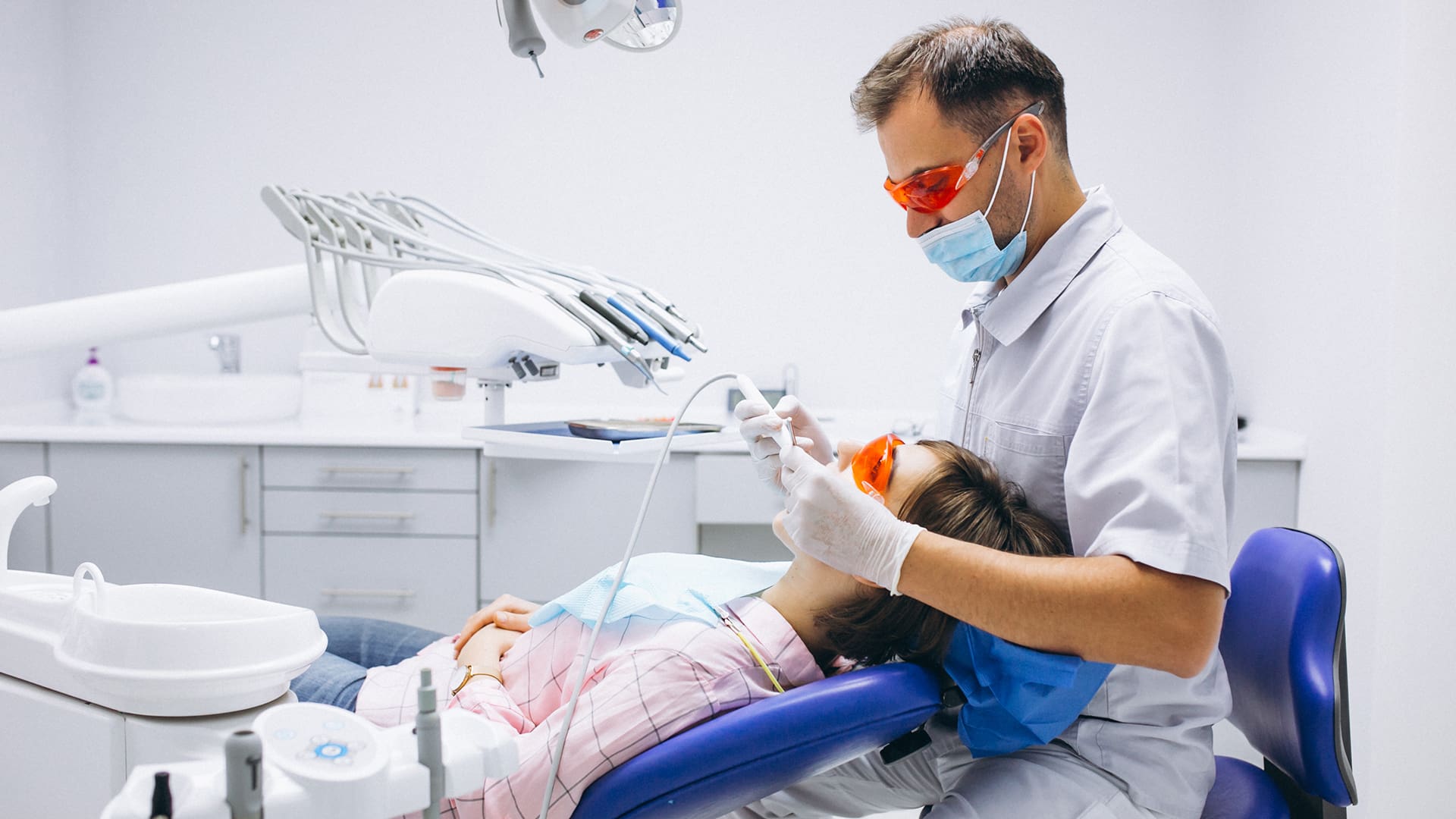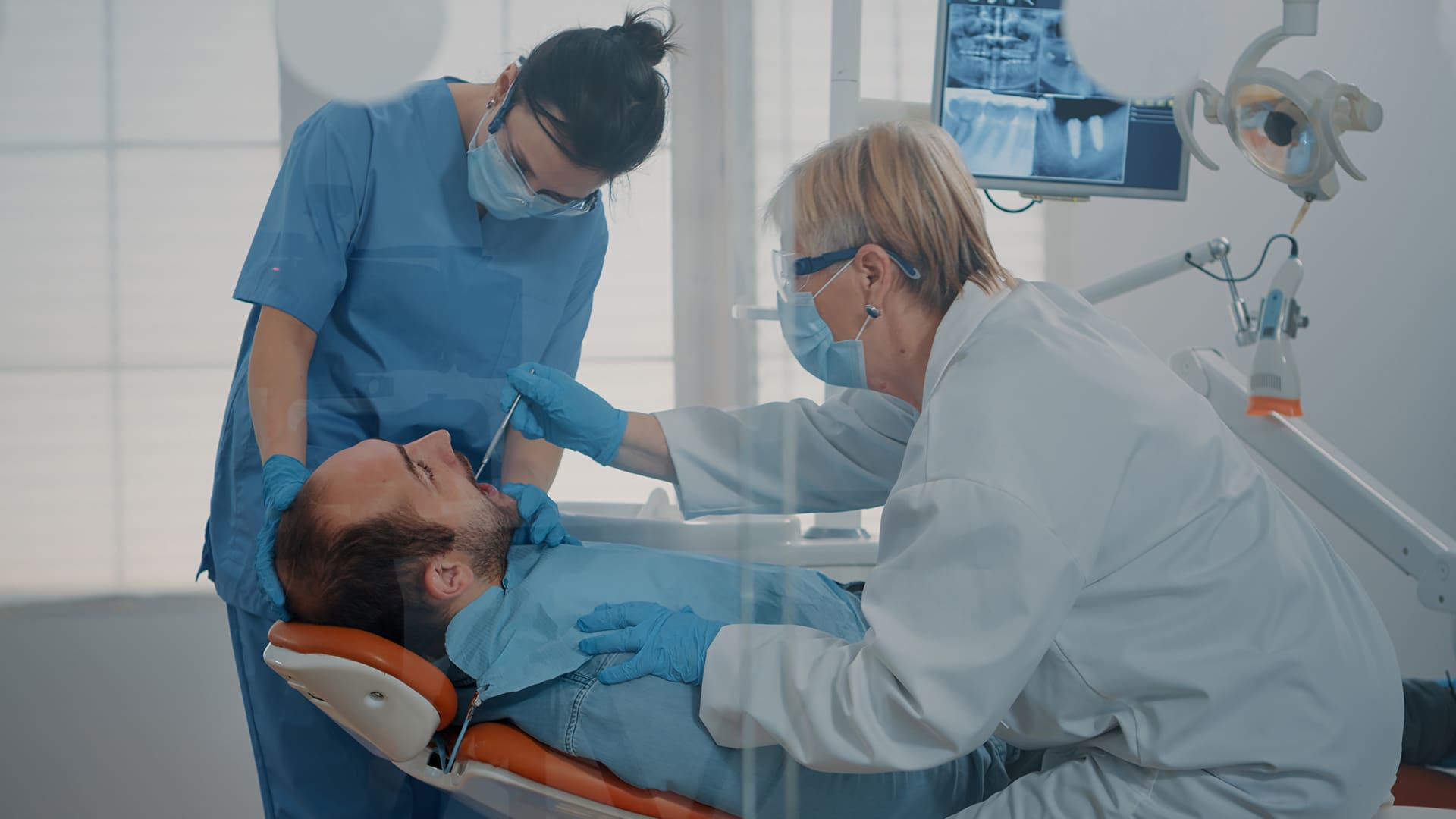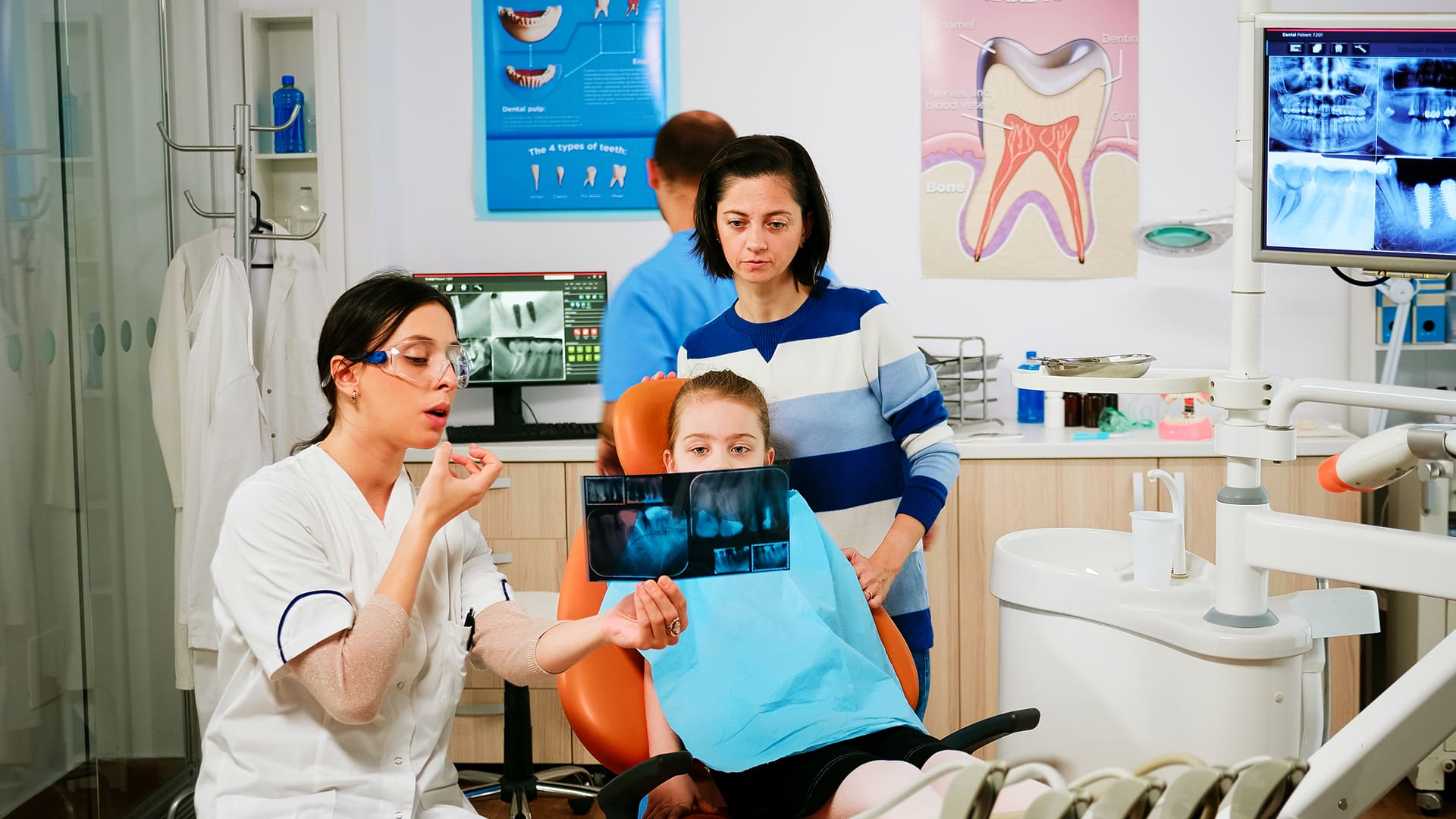offers several advantages, particularly for patients who experience significant anxiety or require extensive dental work:
- Reduced Anxiety and Fear: Sedation helps alleviate fear, allowing patients to undergo necessary treatments without distress.
- Comfort During Long Procedures: For complex treatments, sedation makes it easier for patients to remain comfortable throughout the procedure.
- Improved Cooperation: Sedation is helpful for patients with physical or developmental disabilities, as it allows them to receive the care they need in a relaxed state.
- Multiple Procedures in One Visit: Sedation allows dentists to complete several treatments in one appointment, minimizing the need for multiple visits.
Who Can Benefit from Sedation Dentistry?
Sedation dentistry is suitable for a wide range of patients, especially those who:
- Experience High Levels of Anxiety: Patients with dental anxiety can benefit from sedation to help them feel calm and in control during their visit.
- Have a Low Pain Threshold: Sedation is ideal for patients with heightened sensitivity to pain or discomfort.
- Require Extensive Dental Work: Sedation is useful for patients who need multiple or lengthy procedures in one sitting.
- Have a Strong Gag Reflex: Sedation can reduce the gag reflex, making treatment easier for both the patient and the dentist.
Safety and Effectiveness of Sedation Dentistry
When administered by trained professionals, sedation dentistry is a safe and effective solution for managing dental anxiety. Here’s what patients need to know about sedation safety:
- Pre-Treatment Assessment: Dentists assess each patient’s medical history, current medications, and overall health to ensure sedation is safe and suitable.
- Continuous Monitoring: Vital signs are closely monitored throughout the procedure, ensuring the patient remains stable and comfortable.
- Post-Sedation Care: Patients may need someone to drive them home after oral or IV sedation, as these forms can cause temporary drowsiness.
Preparing for a Sedation Appointment
To ensure a smooth and safe experience with sedation dentistry, patients can follow these preparation tips:
- Avoid Eating or Drinking: Patients are usually advised not to eat or drink for several hours before their appointment, depending on the type of sedation.
- Arrange for Transportation: For oral and IV sedation, patients should have someone drive them home after the procedure.
- Wear Comfortable Clothing: Loose, comfortable clothing is recommended to ensure relaxation throughout the visit.
Managing Dental Anxiety Beyond Sedation
While sedation is effective for reducing anxiety during treatment, building a long-term positive association with dental care is also beneficial:
- Open Communication: Discussing fears and concerns with the dentist can help patients feel more comfortable and in control.
- Using Distraction Techniques: Listening to calming music or practicing deep breathing can help reduce anxiety.
- Positive Reinforcement: Rewarding oneself after an appointment can help reinforce a positive association with dental visits.




